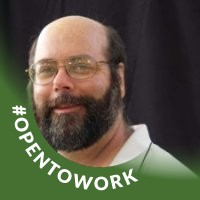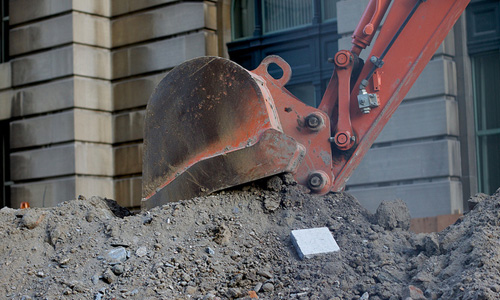Hype is a constant issue in business. Companies indulge in it. PR reps dole it out by the ladle. Markets revel in it. But hype becomes a significant problem when too many people buy into positive press clippings. The wave of enthusiasm can create an air of unassailable certainty and create a gaslight effect in which reporters who sense that something may be wrong doubt themselves. If everyone else raves about a product or business, who are you to doubt?
But that is when journalists need to double-down on their skepticism. If you shouldn’t trust your mother when she says she loves you, why become credulous around people who have money on the line? If something strikes you as off, even if it’s a vague feeling, check it out. At the least you perform necessary due diligence. You might even stumble across a great story.
Check the numbers
Enron was a hot high flyer. The company was inventing new ways of making money, according to analysts and many reporters. It was also creating new ways to juggle books. With all the raves, Bethany McLean, then a reporter at Fortune, was the first journalist to seriously question the company’s numbers. She noted big information gaps in the financials regarding how the company made its money.
Her story, which ultimately ran in Fortune, was the first skeptical look. Nearly a year later, she’d seem prescient. Even McLean made a mistake in not pursuing one troubling tidbit: The CFO was a principal in two of Enron’s partnerships. As The New York Times put it:
”I knew it was weird, but the accountants had signed off on it,” she said. If the accountants, Arthur Andersen, and Enron’s board had not questioned it, she reasoned, why should she?
McLean had been an investment analyst at Goldman Sachs for three years prior to working at Fortune. However, she bowed to the pressure of expert opinion. When the experts all have a stake in the outcome, it’s time to find new ones. And when the numbers aren’t displayed, there’s usually a reason.
Remember common sense
You can also employ your experience and common sense. Writers at The Financial Times questioned the global housing market and its accompanying investment vehicles years before the Great Recession. That shouldn’t have surprised any business reporter because the underlying mechanism, which required continued trading up, didn’t make sense. People eventually reach a limit as to the percentage of their income they can devote to housing. They can no longer devote greater amounts and so they stop trading up. That undercuts the essential Ponzi scheme that was involved.
Dig deeper for sources
The Wall Street Journal’s coverage of Theranos, which won the 2016 Barlett & Steele silver award from the Reynolds Center, is a recent example. Reporter John Carreyrou knew something sounded wrong about the blood testing company’s story and lack of technology details. He kept pushing, digging for potential sources and getting help from experts who could offer a more realistic view than Theranos did.
You won’t be right every time, but good business reporting means questioning and chasing down those hunches. When something sounds too good to be true, it often is.











